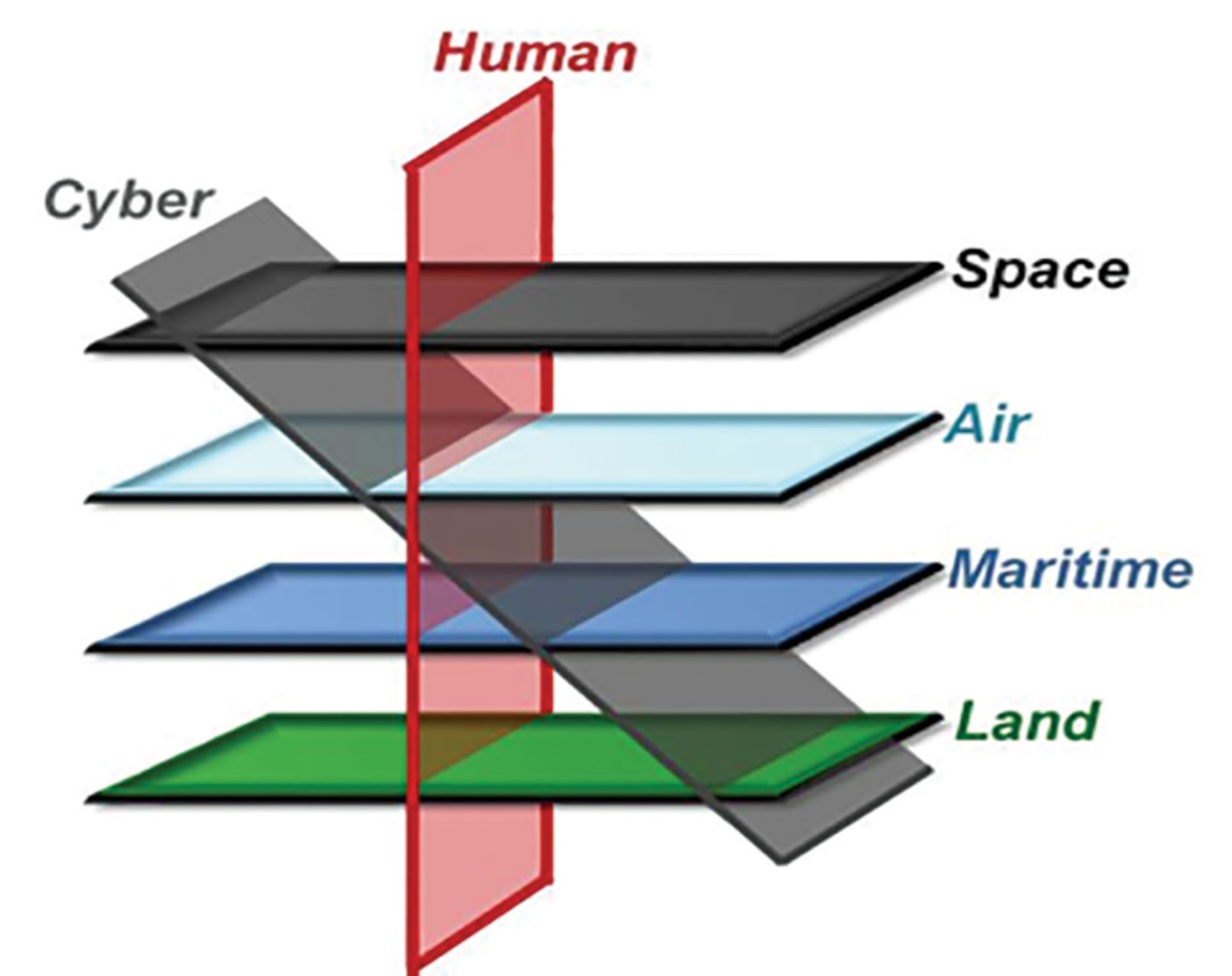Quite a discussion, and I'm not knowledgeable enough to take a definitive stance, let alone get into a debate about a particular piece of kit. My problem with the way we do things is, even if we come up with a cohesive defence and security policy that everybody is happy with, by the time we fund and equip it into reality, it is out of date and the world has moved on. Rather than do incremental or generational modernization, we keep out infrastructure until a wholesale replacement is necessary, and the attendant price tag and timeline causes everyone to run for cover, demand more studies and reviews and otherwise generally poo themselves. It's all about votes - and the general public generally doesn't care.
You're not the only one calling this out. There's increasing criticism inside the institutions (not just the CAF, but also in the US, UK, etc.) about a lack of institutional agility and the massive risks in the face of asymmetric developments. What use is a $13B aircraft carrier if it has to stay out of the range of its own strike aircraft for fear of being sunk by a $2-3M hypersonic missile? There's increasingly an argument that we should follow the iPhone model. Smaller, lighter, cheaper, more numerous and most importantly attritable (low impact if lost).
Yes, we will need some ships, fighters and tanks, etc. But we need to start thinking more holistically about how we fight and how we deploy those forces and what our public's appetite is for war and losses, etc.
Taking a stand that, for example, we don't need tanks, strategic lift or heavy lift rotary is fine - until a political or foreign policy decision is made where we do. Military leadership speaking truth to power should be listened to, but at the end of the day they serve the Crown and will go into the fight with what they have, not what they want. Gone are the days where we can take some prairie farm boys and turn them into sailors on board ships that were built in a month.
This is why we need a rethink of foreign and defence policies. And we need participation from more than just the party in power. We also need procurement policies that are based on defence policies, not defence policies that are simply arms bazaar shopping lists. A defence policy should state when and where we will use force and how much. The procurement policies can then procure to that. Instead we get governments that run for office pledging to buy x amount of fighter jets and y amount of tanks and then writing up defence policies based on the shopping list they ran on.
Maybe it makes sense that we pick niches or specialties to work with our allies but, as mentioned, what is the industrial impact. Do we just determine our specialties and expect our allegiances to simply deal with it or should it be done in a more collaborative way ('ok Canada, you're bringing the napkins so nobody else has to'. But we [country x] have our own napkins and we like them better).
We're the folks who show up with a half pack of napkins and then whine about others not bringing enough food.
Broadly, you are right. We really should think long and hard about what we can contribute in earnest. There's nothing wrong with specializing. We do it today. We don't have SEAD assets to protect our fighters. We don't have attack helicopters to protect our transport helicopters or do route surveillance for our ground forces. We have very limited space and electronic warfare capabilities. We substantially rely on allies for all those things. So the idea that we should be capable across the spectrum is already fiction. Instead of perpetuating that fiction, we should consider about what we can contribute that makes a meaningful difference.
May concern with allowing ourselves to pick the niche is that we will pick 'safe stuff' because it is relatively safe and cheap, doesn't have Canadian actually committing violence, or have them come home in caskets. King originally thought that by offering to be the major host of the Commonwealth Aircrew Training Program, our allies would be satisfied with our contribution and allow us to stay out of much of the fighting in Europe. More recently, apparently to our Global Affairs Minister, we are convenors, not warriors. We could excel in strategic air or sealift, but would we be viewed by the world as protecting the vulnerable or ensuring peace and security by having a very efficient way of repatriating the bodies of others to their home nations?
Yes. Avoiding responsibility and criticizing the imperial power that does the heavy lifting (Britain till the 1900s, US after that) is a long Canadian tradition. Our contributions brought us some reprieve from being seen as irrelevant, as we crafted a true middle power role. But we rode that horse till it died in the 90s and then some. Unfortunately, a lot of Canadians still thinks that the rest of the world thinks of us as relevant or independent, rather than seeing us for the American dependency that we are.
This isn't just about warfighting. Consider that the best thing we might have been able to bring to the table is not aging weapons for Ukraine, but the ability to replace Russian oil and gas in Europe.
National power consists of more than just military capabilities. It's Diplomacy, Information, Military and Economic capabilities (DIME). What makes us increasingly irrelevant, is not just that we have scaled back on military axis of national power. Its that we've not compensated by growing our relevance on the other axes.
Qatar is more useful to Europe right now than Canada. So in addition to talking about improving our military, we might want to talk about fixing our foreign service that was gutted, our inability to meet foreign aid targets like the
Millenium Development goals (0.7% of GDP on foreign aid), or our woefully underfunded intelligence agencies.







